Understanding Ebola: A Guide to Prevention and Control through APIC
BlogTable of Contents
- What is Ebola?
- Ebola | FDA
- The Ebola virus mutated to better infect humans during the 2014 ...
- Ebola Virus Disease (Ebola) - Sintomas at Sanhi | Mediko.ph
- Ebola Virus Disease - ReliableRxPharmacy Blog, Health Blog
- ASLM Ebola Outbreak: Laboratory Workers as Key Partners
- Ebola treatment studies to begin by December
- All About the Ebola Virus
- Ebola virus disease and breastfeeding: time for attention – Healthy ...
- Ebola may have lingered in a survivor for 5 years before sparking new ...
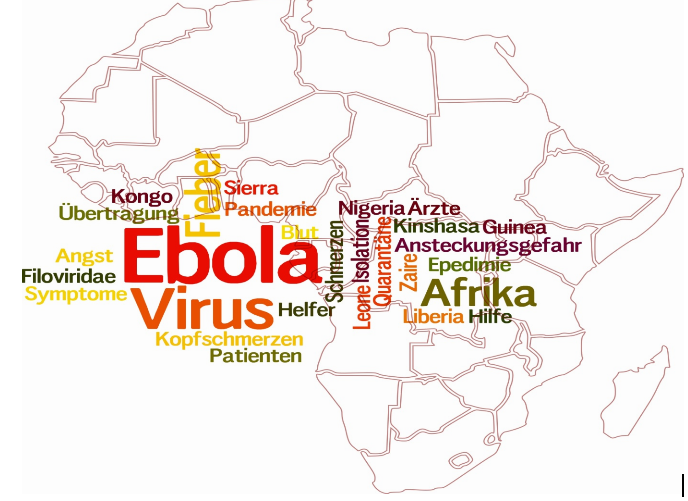
The Ebola virus has been a significant concern for global health organizations and the general public alike, with outbreaks occurring in various parts of the world, particularly in Africa. The Association for Professionals in Infection Control and Epidemiology (APIC) plays a crucial role in preventing and controlling the spread of infectious diseases, including Ebola. In this article, we will delve into the world of Ebola, its transmission, symptoms, and the importance of APIC in combating this deadly virus.
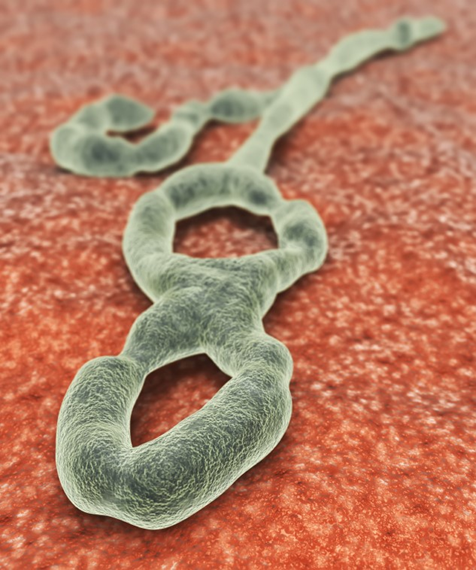
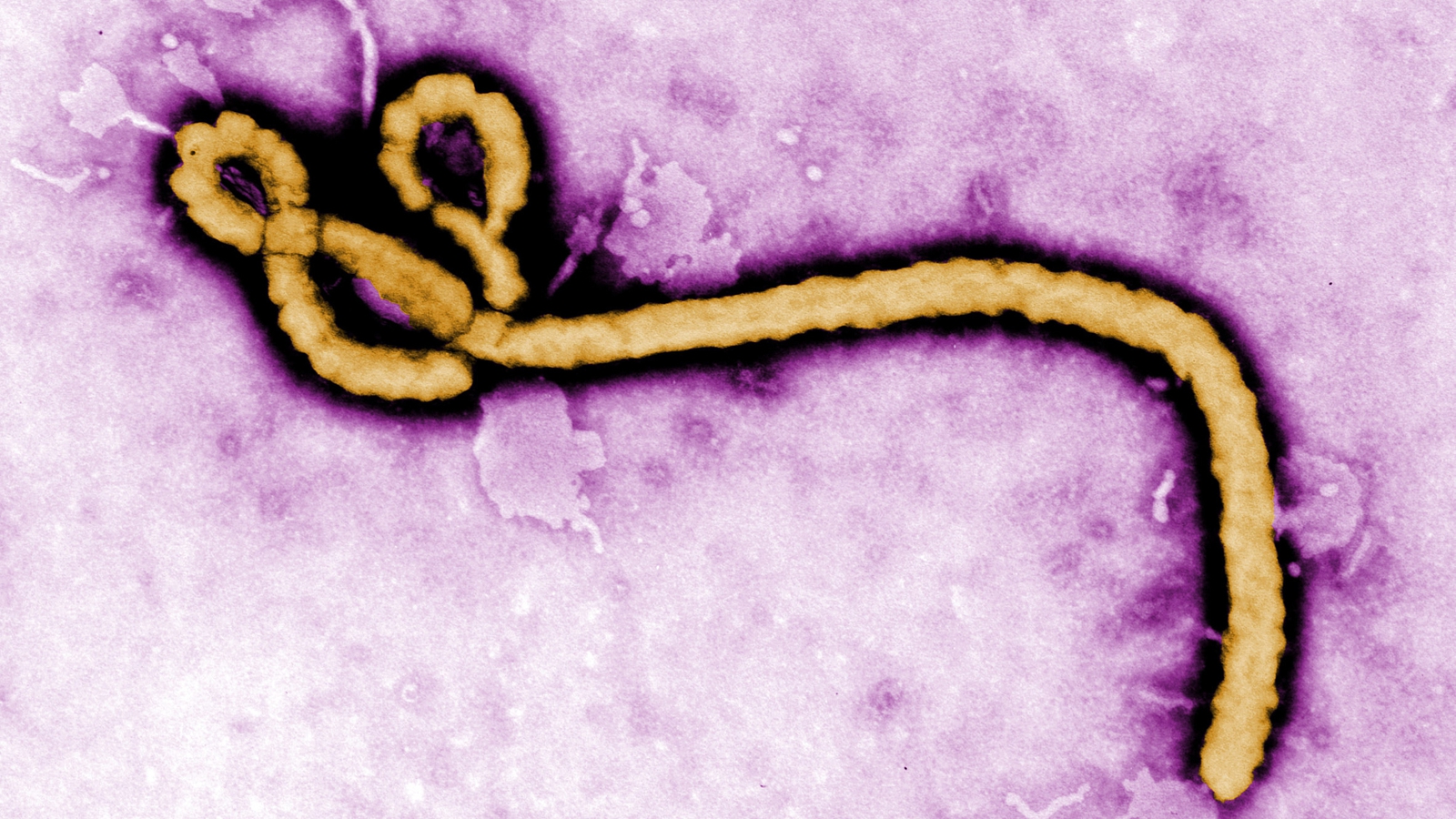
What is Ebola?
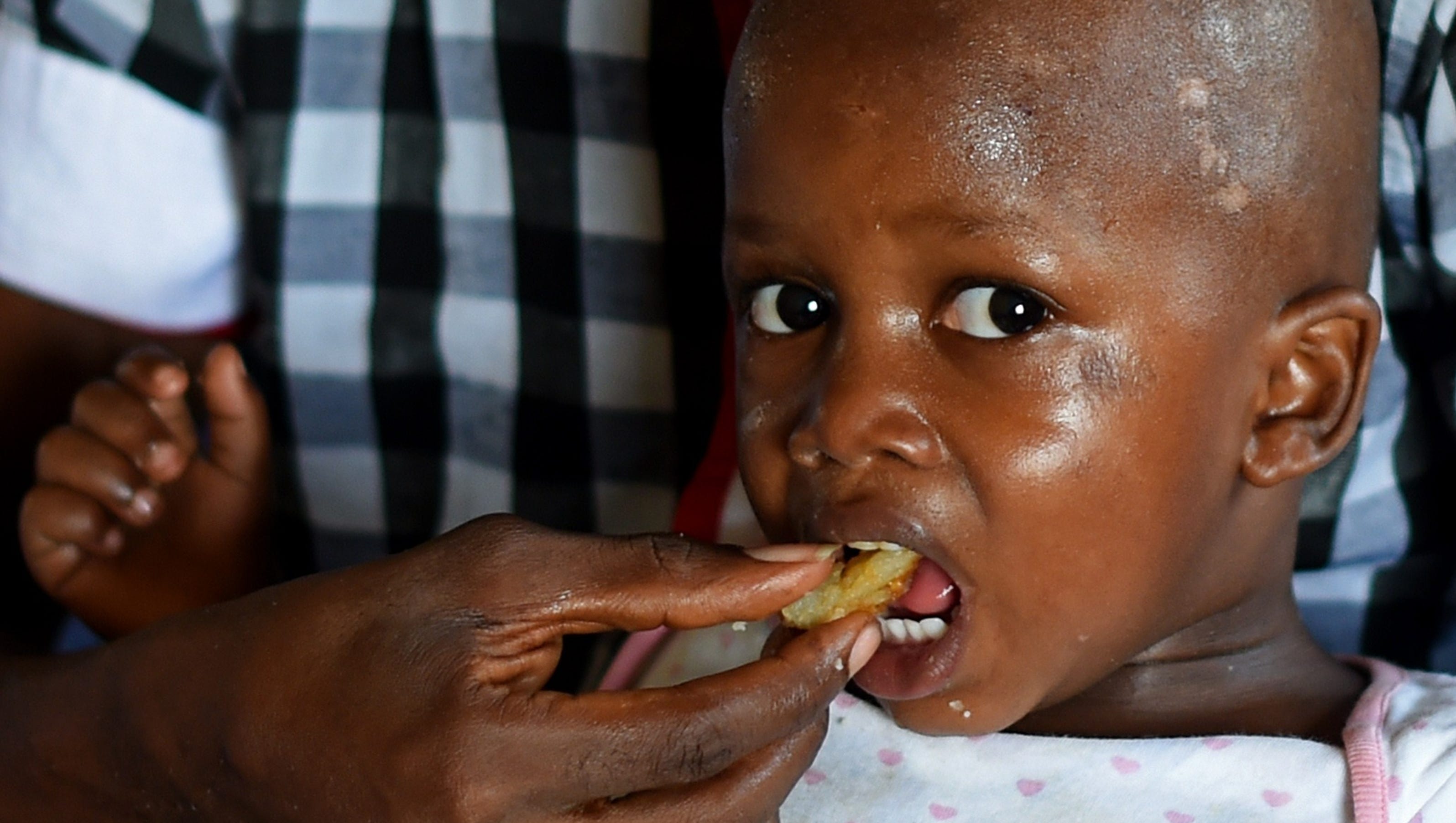
Ebola is a severe and often fatal viral illness caused by the Ebola virus. It was first identified in 1976 in the Democratic Republic of Congo, and since then, several outbreaks have occurred in Africa. The virus is transmitted through direct contact with infected bodily fluids, such as blood, sweat, and saliva. The symptoms of Ebola include fever, headache, muscle pain, and bleeding, and can progress to more severe complications, including organ failure and death.
/ebola_virus-56a09ae55f9b58eba4b20276.jpg)

Transmission of Ebola

The transmission of Ebola occurs through several routes, including:
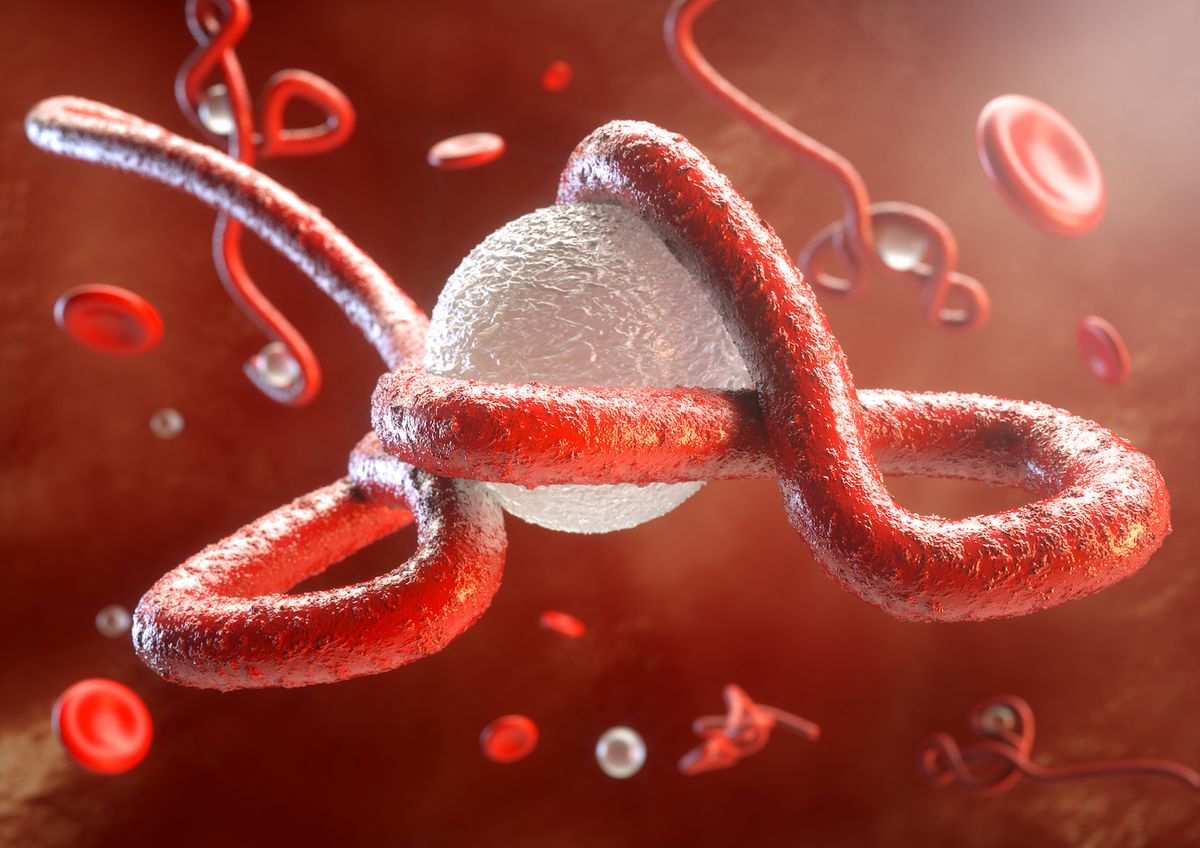
- Direct contact with infected bodily fluids, such as blood, sweat, and saliva
- Contact with contaminated objects, such as needles and syringes
- Close contact with an infected person, such as touching or shaking hands
- Exposure to infected animals, such as bats and nonhuman primates

APIC's Role in Preventing and Controlling Ebola
APIC is a professional organization that aims to advance the field of infection prevention and control. In the context of Ebola, APIC provides guidance and resources to healthcare professionals, policymakers, and the general public on how to prevent and control the spread of the virus. APIC's efforts include:
- Developing and disseminating evidence-based guidelines and protocols for infection prevention and control
- Providing training and education to healthcare professionals on Ebola prevention and control
- Collaborating with global health organizations, such as the World Health Organization (WHO) and the Centers for Disease Control and Prevention (CDC), to coordinate response efforts
- Advocating for policies and practices that promote infection prevention and control

Prevention and Control Measures
To prevent and control the spread of Ebola, the following measures are essential:
- Practice good hygiene, such as frequent handwashing and use of personal protective equipment (PPE)
- Avoid close contact with infected individuals
- Avoid touching or handling contaminated objects
- Use safe injection practices and proper disposal of needles and syringes
- Report suspected cases to healthcare authorities immediately
In conclusion, Ebola is a serious and deadly virus that requires prompt attention and action. APIC plays a vital role in preventing and controlling the spread of Ebola through its guidance, resources, and advocacy efforts. By understanding the transmission, symptoms, and prevention measures, we can work together to combat this virus and protect global health. Remember, prevention is key, and together, we can make a difference.
For more information on Ebola and APIC's efforts, visit the APIC website or the WHO website. Stay informed, stay safe, and let's work together to prevent the spread of Ebola.